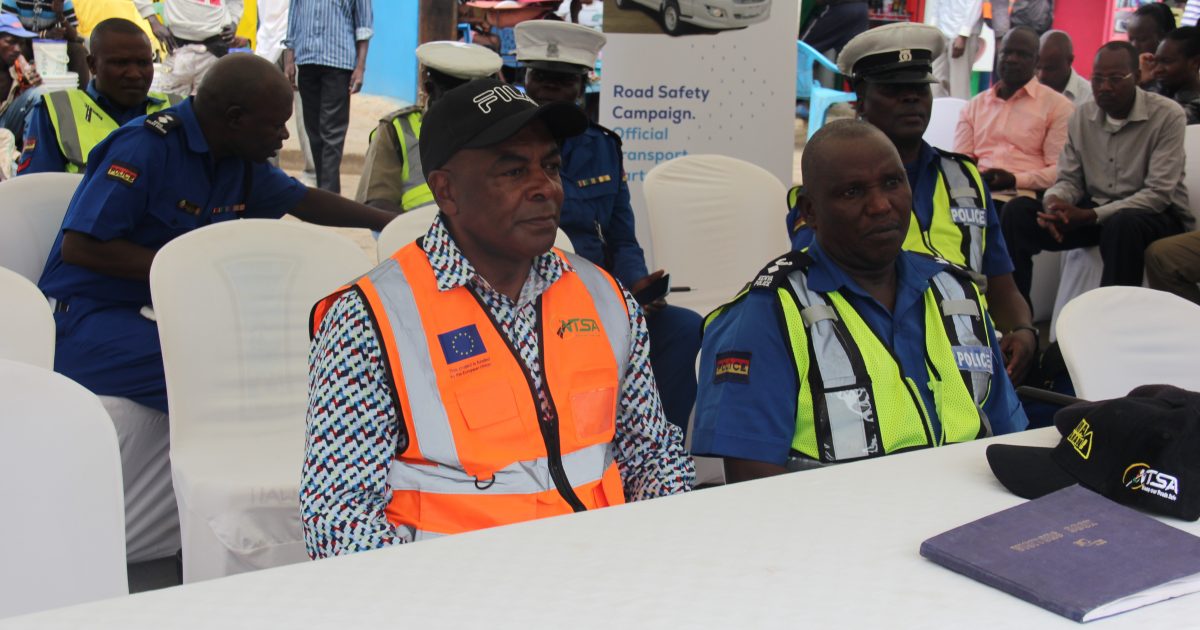Sacco Society Regulatory Authority (SASRA), the regulatory body for Savings and Credit Co-operatives (Saccos), has issued revised guidelines to govern the renewal of operating licences for the country’s Deposit-Taking (DT) Saccos.
This has seen new procedures being introduced and the existing ones improved to hold the 176 DT Saccos more accountable and ensure the protection of members’ funds.
To meet its supervisory objectives, SASRA requires the regulated Saccos to comply in order for their operating licenses to be renewed by September 30th every year.
The Saccos will now be required to provide details of outstanding refunds of members’ deposits (savings) and unremitted statutory deductions owed by the Saccos.
Members’ deposit refund, non-remittance
The DT Saccos are required to state if they owe current or former members any claims for refund of deposits after the lapse of the 60-day notice of withdrawal of membership, amount of money claimed and the number of members involved.
SASRA also needs to know whether the Sacco has remitted any statutory deductions owed to the government or any other agency such as the Kenya Revenue Authority (KRA), Higher Education Loans Board (HELB), National Social Security Fund (NSSF), National Hospital Insurance Fund (NHIF) or Pension Scheme deductions.
In this case, the DT Saccos are required to provide the details of the outstanding statutory deductions, clearly stating the name of the agency owed, the amount owed, the period the amount has been owing and the actions being taken by the Sacco to ensure the debt is paid, or in case of disputed amounts, how it will be resolved as soon as possible.
Further, the DT Saccos will now be required to state if the Sacco is owed any sums of money in unremitted deductions. This is through providing the details of the unremitted deductions, the amounts owed either towards BOSA or loan repayments, and the number of Sacco members whose deductions have not been remitted for a period exceeding 3 months prior to the making of the application for renewal.
In the Annual Sacco Supervisory Report, 2021 released in August 2022, the Sacco sub-sector was owed a total of Ksh 3.40 billion for the period ended December 2021.
It includes Ksh2.16 billion non-remitted loan deductions, constituting a 63.34 per cent of the total non-remitted funds, and Ksh1.25 billion non-remitted BOSA deductions constituting 36.76 per cent of the total non-remitted funds. DT Saccos owed the highest proportion of non-remitted funds amounting to Ksh3.01 billion.
The deductions and remittances are usually two-fold. On one hand are those that are meant to build members’ non-withdrawable deposits (popularly known as the BOSA deposits), which members may utilize as collateral to obtain credit facilities and to earn interest.
On the other are the deductions and remittances to periodically repay any loan or credit facilities that the member may have obtained from the Sacco (also known as the loan repayment deductions).
Loans, tax compliance
The DT Saccos will be required to provide particulars of credit and loan products offered by the Sacco, including BOSA, FOSA, and mobile applications and internet-based loan products.
Along this line, DT Saccos will be required to list all types of BOSA and FOSA loan products, tenure of the loans in months, the interest rates charged per annum and per month as the case may be, and the maximum and the minimum amount grantable per application. They will also have to list all their mobile phone, internet or App-based loan products on offer.
Further, the DT Saccos will be required to indicate pending or on-going tax inspections or inquiries by KRA.
Furthermore, the Saccos will be required to state whether the Sacco has obtained a current and valid Tax Compliance Certificate (TCC) for the 12 months preceding the application for renewal, which shall be submitted together.
In the absence of a TCC, the Sacco must clearly provide the details and particulars of any tax dispute with KRA which occasioned the inability to obtain the TCC. Initially, DT Saccos only indicated the KRA PIN number in the licence renewal form.
They will further provide details and particulars of litigations by or against the Sacco whose value exceeds Ksh1 million.
Apart from listing and identifying the Society’s bankers, they will moreover be required to provide details of the Management Information System (MIS) provider or the vendor, including the name and address, and whether the Sacco has conducted a system audit of its MIS in the 12 months preceding the application.
For this case, they will be required to attach a copy of the system audit alongside the application for renewal.
If the Sacco has appointed any external auditor for the current financial year in accordance with the law, they should state and provide the name and address of the firm (or partner) in the audit.
DT Saccos have now been instructed to provide accurate and complete data and information in the prescribed format to avoid their application being rejected by the Authority.
“The Authority reserves the right to reject an Application for Renewal of the Licences if the Sacco Society fails to submit the Application Form and Data Collection Templates in the prescribed format provided; or submits inaccurate or incomplete data and information; or fails to attach any of the documents required in support of the application,” reads the circular in part.
The regulations require that a Sacco shall apply for renewal of a licence at least 90 days before the expiry of the current one.
By Roy Hezron
Get more stories from our website: Sacco Review. For comments and clarifications, write to :Saccoreview@shrendpublishers.co.ke
Kindly follow us via our social media pages on Facebook: Sacco Review Newspaper for timely update



